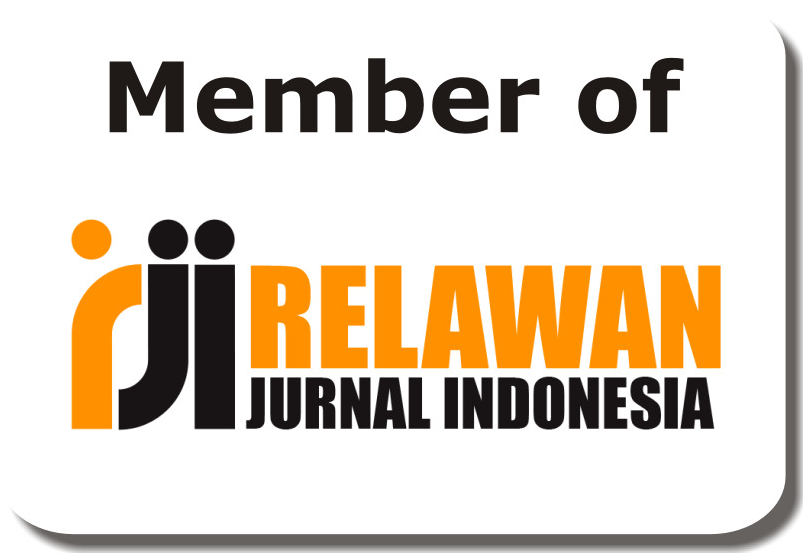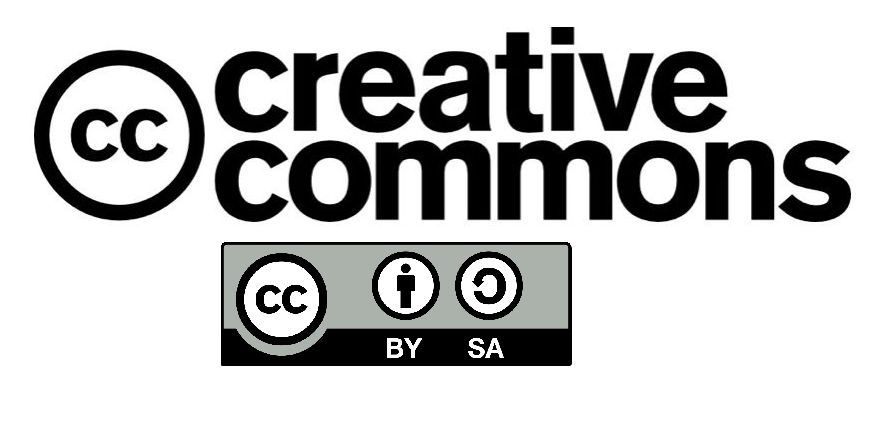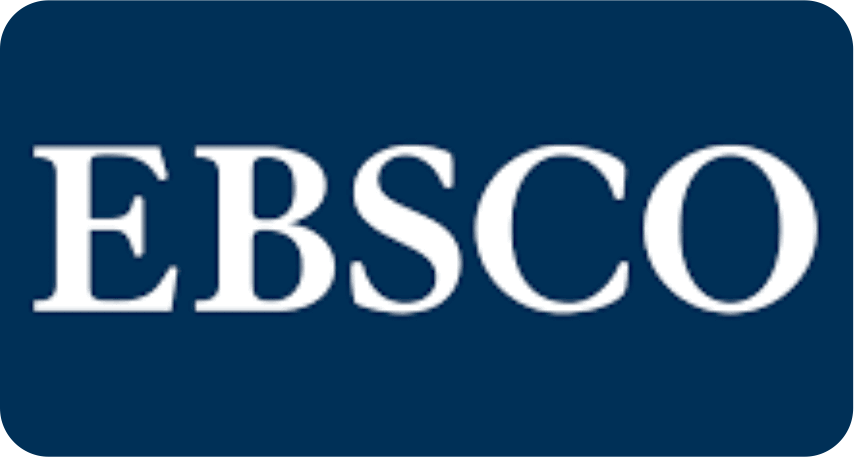Does Reward Affect the Accuracy of Pupil Perception?
DOI:
https://doi.org/10.30983/educative.v5i2.3169Keywords:
reward, the accuracy of perceptionsAbstract
Accuracy of perception is the ability of individuals to recognize, organize, and interpret input from the environment and it is influenced by the level of individuals’ concentration on observing an object. When we can find out the causes of individual perceptual accuracy, we can design a learning instrument to enhance this ability. The purpose of this study is to examine the effect of r`eward on the accuracy of pupils' perceptions. The study employs a comparative experimental approach, in which 20 subjects are divided into two groups: 10 subjects were promised rewards and 10 subjects were not. The accuracy of perception is measured by the length of time used by subjects when completing two different levels of tests. The more time required by subjects to complete the test, the more inaccurate perceptions of research subjects. To test hypotheses, the researcher performed the Split-Plot Anova technique on the subject's length of time completing the tests. The result shows that the p-value is 0.115, greater than 0.05 which means that there was no influence of giving rewards on the accuracy of perception.
Kecermatan persepsi merupakan kemampuan individu dalam mengenali, mengorganisasikan, serta memaknai hal-hal yang berada di lingkungan sekitar dan dipengaruhi oleh tingkat konsentrasi individu dalam mengamati suatu objek. Ketika kita dapat mengetahui penyebab kecermatan persepsi yang dimiliki individu, kita dapat merancang sebuah instrumen pembelajaran untuk meningkatkan kemampuan ini. Oleh karena itu penelitian ini bertujuan untuk menguji pengaruh pemberian penghargaan terhadap kecermatan persepsi peserta didik. Penelitian yang menggunakan kaidah kuantitatif dengan pendekatan eksperimen komparasi ini membagi 20 subyek ke dalam dua kelompok yaitu 10 subyek yang dijanjikan reward dan 10 subyek tidak dijanjikan reward. Kecermatan persepsi subyek diukur dengan tes yang diberikan sebanyak dua kali menggunakan instrumen yang berbeda dengan memperhatikan lama waktu subyek menyelesaikan tes. Semakin banyak waktu yang dibutuhkan oleh subyek dalam menyelesaikan tes, semakin tidak cermat persepsi subyek penelitian. Data rentang waktu subyek dalam mengerjakan tes dianalisis dengan teknik Split-Plot Anova. Hasil penelitian menunjukkan bahwa nilai signifikansi yang diperoleh adalah 0,115 lebih besar dari 0,05 sehingga dapat disimpulkan bahwa tidak ada pengaruh antara pemberian penghargaan dengan kecermatan persepsi yang dimiliki subyek.
References
Book
KrejÄÃ, Jana. “Fuzzy Set Theory.†In Studies in Fuzziness and Soft Computing. 5th ed. (Reston: Sanata Dharma University Press, 2018).
Creswell, J. W. Educational Research: Planning, Conducting, and Evaluating Quantitative and Qualitative Research (4th Ed.). 4th ed. (Boston, MA: Pearson, 2012.)
Hake, R.R. Sign-Based Research in Physics Education Research: A Review," in A.E. Kelly, R.A. Lesh, & J.Y. Baek, Eds. (in Press), Handbook of Design Research Methods in Mathematics, Science, and Technology Education. 1st ed. (New York: SAGE Publication, 2007.)
Lieberman, Ann, and Ann Lieberman. “Improving Schools.†In Teaching, Learning and Living. 2nd ed. (New Jersey: Joosey-Bass Publishers, 2018.)
Journal
Ansyar, Mohammad. “Pengembangan Kurikulum Dari Materi Pelajaran Ke Pengalaman Belajar.†2Jurnal Ilmu Pendidikan 8, no. 1 (2016): p, 28–37.
Croft, Tony, Eirini Kouvela, and Paul Hernandez-Martinez. “This Is What You Need to Be Learning: An Analysis of Messages Received by First-Year Mathematics Pupils during Their Transition to University.†Math Ed Res J 30, no. 1 (2018): p, 165–183.
Daniel, João R, Rita R Silva, António J Santos, Jordana Cardoso, Leandra Coelho, Miguel Freitas, OlÃvia Ribeiro, Nina Brück, and Johannes Gutenberg-universität. “Perception Accuracy of Affiliative Relationships in Elementary School Children and Young Adolescents.†Frontiers in Psychology 8, no. 11 (2017): p, 55–65.
Handayani, Fitri. “Structure and Written Expression Section on Paper-Based TOEFL : Perceived Difficulties by Nursing Pupils of Poltekes Solok , West Sumatera.†Jurnal EUCATIVE:Journal of Educational Studies 4, no. 2 (2019): p, 135–149.
Hoque, Enamul. “Memorization: A Proven Method of Learning.†International Journal of Applied Research 22, no. 1 (2017): p, 142–150.
Ikhwanuddin. “Pendekatan Reward Active Cooperative (RAC) Pada Pembelajaran Praktik Gambar Teknik Mahasiswa Non Reguler Jurusan Teknik Sipil Dan Perencanaan Fakultas Teknik UNY.†JPTK 18, no. 2 (2019): p, 170–188.
Ledue, Emily E., Yu Chieh Chen, Aera Y. Jung, Anupama Dahanukar, and Michael D. Gordon. “Pharyngeal Sense Organs Drive Robust Sugar Consumption in Drosophila.†Nature Communications 12, no. 3 (2015): p, 456–467.
Lestari, Isnania, and Budi Tri Siswanto. “The Effect of School On-The Job Experiences, Pupil Achievment in Productive and Social Support on Pupil Work Readiness of Vocational High School.†Jurnal Pendidikan Vokasi 5, no. 2 (2017): p, 183–194.
Luman, Marjolein, Catharina S. Van Meel, Jaap Oosterlaan, and Hilde M. Geurts. “Reward and Punishment Sensitivity in Children with ADHD: Validating the Sensitivity to Punishment and Sensitivity to Reward Questionnaire for Children (SPSRQ-C).†Journal of Abnormal Child Psychology 5, no. 3 (2012): p, 56–78.
Niehorster, Diederick C, and Li Li. “Accuracy and Tuning of Flow Parsing for Visual Perception of Object Motion During.†i-Perception 2, no. 3 (2017): p, 90–108.
Portillo, MarÃa, and Javier Fernández-baena. “PsicologÃa Educativa Social Self-Perception in Adolescents : Accuracy and Bias in Their Perceptions of Acceptance / Rejection.†Psicologia Educativa 26, no. 1 (2020): p, 1–6.
Powell, Elisabeth M., Leslie A. Frankel, and Daphne C. Hernandez. “The Mediating Role of Child Self-Regulation of Eating in the Relationship between Parental Use of Food as a Reward and Child Emotional Overeating.†Appetite 56, no. 3 (2017): p, 452–478.
Roberts, Lindsey, Jenna M. Marx, and Dara R. Musher-Eizenman. “Using Food as a Reward: An Examination of Parental Reward Practices.†Appetite (2018).
Senkbeil, Jason C, Kelsey N Ellis, and Jacob R Reed. “The Influence of Tornado Activity , Impact , Memory , and Sentiment on Tornado Perception Accuracy among College Pupils.†atmosphere Article 10, no. 2 (2019): p, 198–211.
Slamet, and Samsul Maarif. “Pengaruh Bentuk Tes Formatif Assosiasi Pilihan Ganda Dengan Reward Dan Punishment Score Pada Pembelajaran Matematika Siswa Sma.†Infinity: Journal of Mathematics Education 3, no. 1 (2014): p, 59–80.
Van Garderen, D, and M Montague. “Visual-Spatial Representation, Mathematical Problem Solving, and Pupils of Varying Abilities.†Learning Disabilities Research and Practice 18, no. 4 (2003): p, 246–254.
Wagemans, Johan, James H. Elder, Michael Kubovy, Stephen E. Palmer, Mary A. Peterson, Manish Singh, and Rüdiger von der Heydt. “A Century of Gestalt Psychology in Visual Perception: I. Perceptual Grouping and Figure-Ground Organization.†Psychological Bulletin 34, no. 2 (2012): p, 556–567.
Wahyu, Dita, Ningtyas Tuty, Emi Widiyanti, and Wahyu Utami. “Korelasi Faktor Pembentuk Persepsi Dengan Persepsi Konsumen Terhadap Media Pemasaran Online†3984, no. 2 (2017): p, 108–115.
Winarti, Destina Wahyu, Siti Maghfirotun Amin, Agung Lukito, and Frans Van Gallen. “Learning The Concept of Area and Perimeter by Exploring Their Relation.†IndoMS. J.M.E 3, no. 1 (2012): p, 41–54.
Online database
Maulyda, Mohammad Archi. “Representasi Matematis Anak Yang Berbakat Di Bidang Musik Dalam Menyelesaikan Masalah Matematika.†http://karya-ilmiah.um.ac.id/index.php/disertasi/article/view/69262.> {accessed 3 October 2020}
Downloads
Submitted
Accepted
Published
Issue
Section
License
Authors who publish with this journal agree to the following terms:
1. Authors retain copyright and grant the journal right of first publication with the work simultaneously licensed under a Creative Commons Attribution License that allows others to share the work with an acknowledgment of the work's authorship and initial publication in this journal.
2. Authors are able to enter into separate, additional contractual arrangements for the non-exclusive distribution of the journal's published version of the work (e.g., post it to an institutional repository or publish it in a book), with an acknowledgment of its initial publication in this journal.
3. Authors are permitted and encouraged to post their work online (e.g., in institutional repositories or on their website) prior to and during the submission process, as it can lead to productive exchanges, as well as earlier and greater citation of published work (See The Effect of Open Access).


















 Â
 







